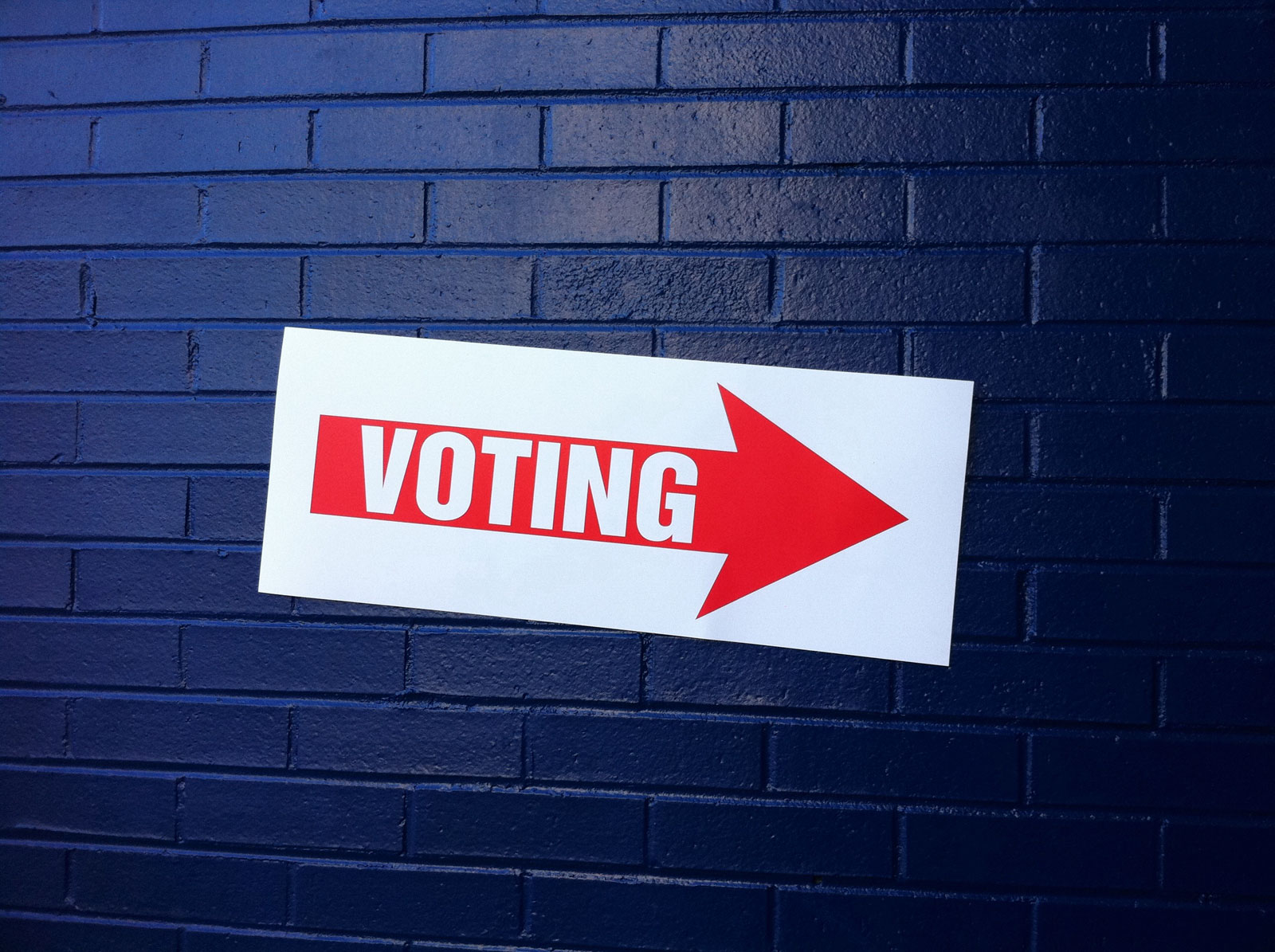The Local newsletter is your free, daily guide to life in Colorado. For locals, by locals.
Donald Trump’s war cry of a “rigged” election has become a staple of his presidential campaign, and now it’s trickled down to lower-level races.
These false assertions have infected Colorado politics, most notably of late from incumbent state Senator Laura Woods and in the Facebook rant of former Adams County GOP vice chair John Sampson, who goes on at some length about “widespread voter and election fraud” perpetrated by Democrats. (Despite a spate of Trump-related problems, GOP Rep. Mike Coffman, to his credit, has disavowed any claims that the election might be unfair.)

Now for some facts: Numerous exhaustive studies have shown that voter fraud is virtually nonexistent in Colorado or anywhere else in the United States. Moreover, the idea that fraud could be widespread is simply illogical. Consider that there currently are 31 Republican governors and 32 GOP secretaries of state—i.e., the people whose responsibility it is to oversee each state’s election. Among swing or potential battleground states in 2016, Florida, Michigan, Nevada, Ohio, Georgia, Arizona, and Iowa all have Republicans in both posts. New Hampshire, Pennsylvania, and Virginia have Dems in each slot, and Colorado’s Secretary of State, Wayne Williams, is a Republican.
It was Williams himself who said the system works because even when someone attempts voter fraud—for example, by mailing in a ballot and then later showing up at a polling place—these people are easy to catch. Other GOPers in his position have echoed him as well.
Meanwhile, Trump continues to beat the drum for the idea that such shenanigans must be monitored; he said it in Greeley just a few days ago. He’s also made such menacing threats about deploying “election observers” to keep an eye out for fraud that the Democratic party in four states—Ohio, Pennsylvania, Arizona, and Nevada—has filed to obtain federal injunctions against any activities that might be used to intimidate legitimate voters at the polls. (One of Trump’s campaign surrogates was even quoted as hyping the candidate’s “three major voter suppression efforts” that were already underway in October; and in an ironic twist, the first person in 2016 who’s been charged with voter fraud was a Trump supporter in Iowa who tried to vote twice “because the polls are rigged.”)
This is nothing new for the GOP. Since the Supreme Court dismantled significant portions of the Voting Rights Act in 2013, state legislators all over the U.S., almost invariably Republicans, have pressed for new laws that disproportionately disenfranchise poor people and minorities, all under the ginned-up specter of rampant voter fraud that doesn’t, in fact, exist. They do this because the GOP realizes that if everyone voted, their party’s interests have become so narrow that they’d have a hard time winning any election outside of the reddest states and counties.
This is not meant to excuse the Democrats’ many flaws; there was a recent story that a Clinton-supporting campaign organization was plotting to disrupt Trump’s rallies enough to incite violence. But the source of the edited videos—the same guy who created the fraudulent Planned Parenthood videos last year—is so dubious that not even Fox News would confidently authenticate them.
We’ve reached a point where the Democratic party’s policies simply appeal to a wider variety of people. Go back to Sampson’s Facebook rant: It exemplifies the conservative delusion that, all things being equal, the majority of Americans would vote Republican.
Again, there is no evidence to suggest that this is even remotely true. The GOP’s base is far older and whiter than the Democrats’ because for too long Republicans have ignored broad demographic trends and doubled down on the very things that alienate most people who aren’t white, male, or—Trump’s pro-working class rhetoric aside—relatively well off.
There will always be room in American politics for the conservative voice. We need it, because even if the left cleans up over the next few elections, we can be certain that power will do what it does, corrupting them enough that they’ll eventually overreach and begin tilting public sentiment back toward the middle.
But the days of 50s-era nuclear families, “traditional” gender roles, and the marginalizing of non-white people and cultures are over, and it’s time to evolve. American conservatism will only have an influential future if it returns to the compassionate brand that helped President George W. Bush win two terms (even if he didn’t always govern that way).
When the GOP lost that sense of compassion, it began to lose bigger swaths of the electorate. If the Democrats win big next Tuesday, it will be because the party’s message resonates with more people, and no amount of intimidation, misinformation, or alleged rigging will change that basic fact.
Follow 5280 editor-at-large Luc Hatlestad on Twitter at @LucHatlestad.








